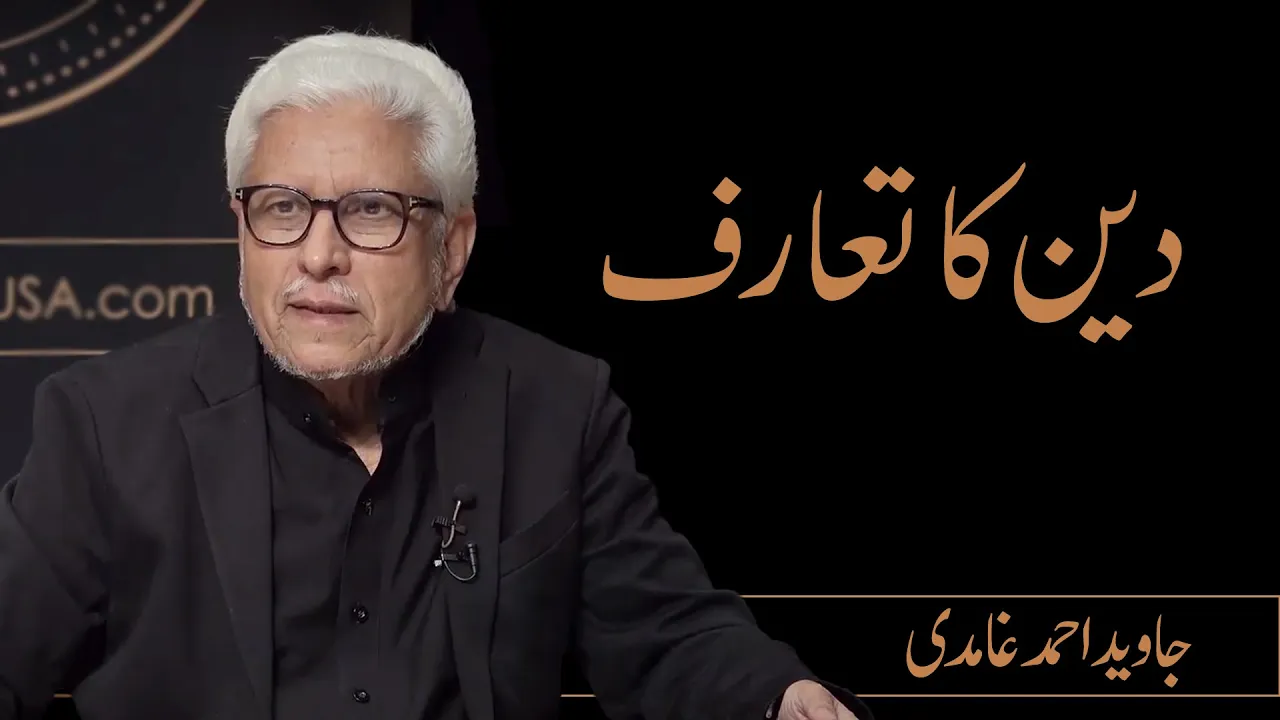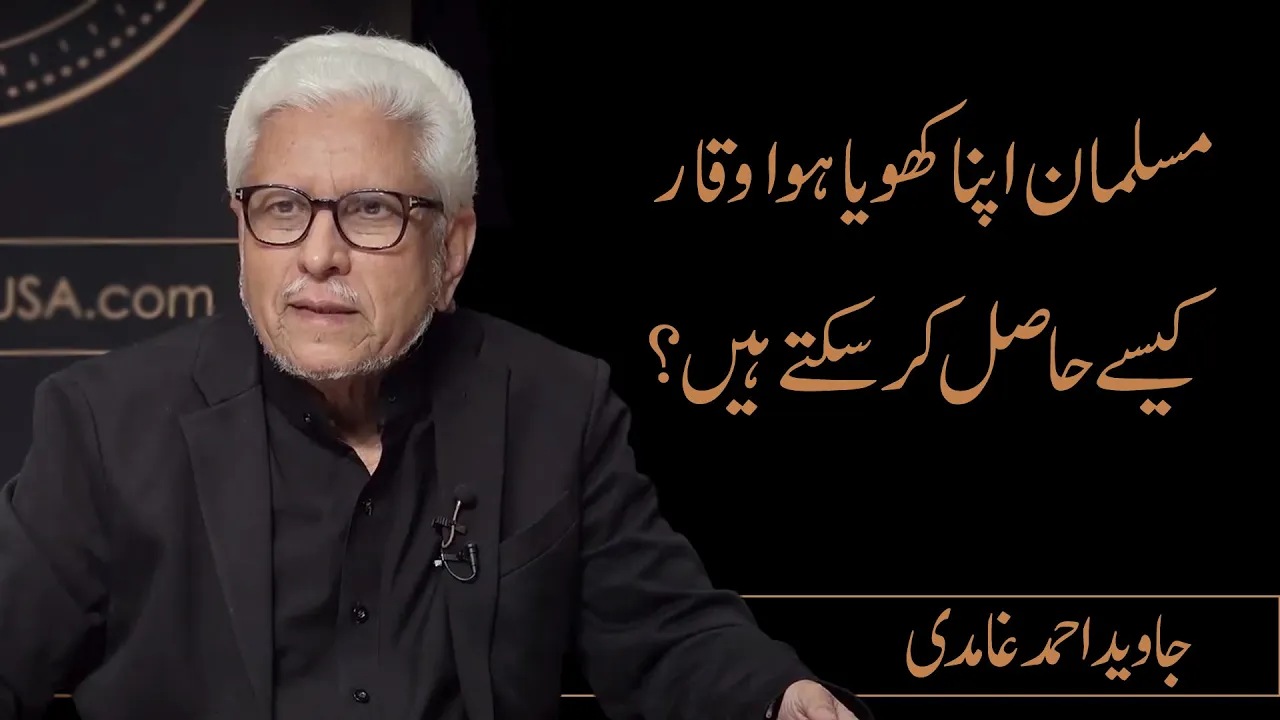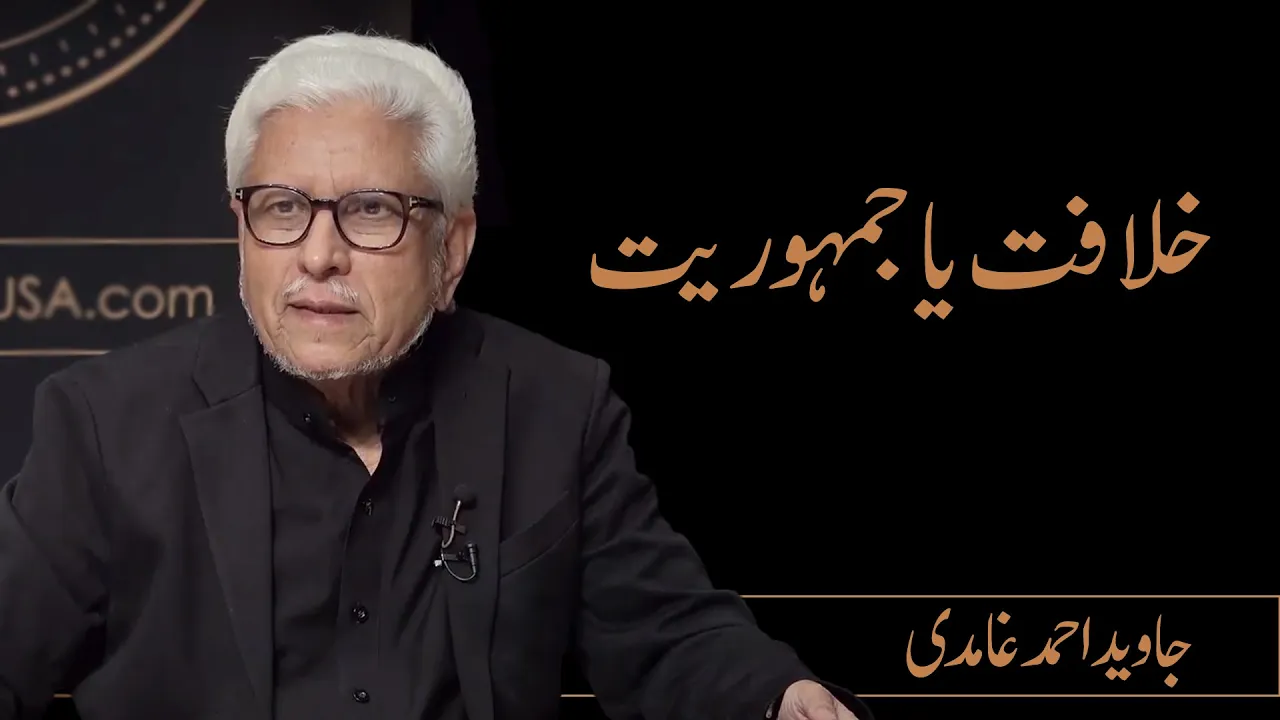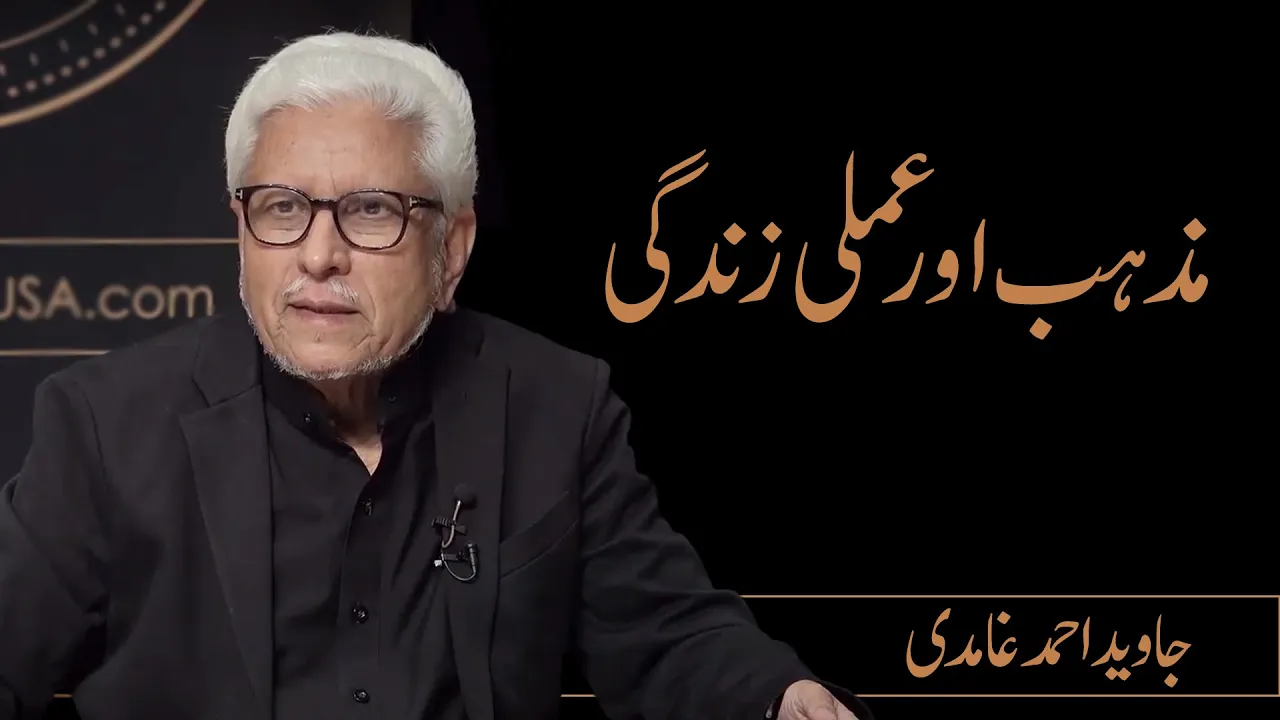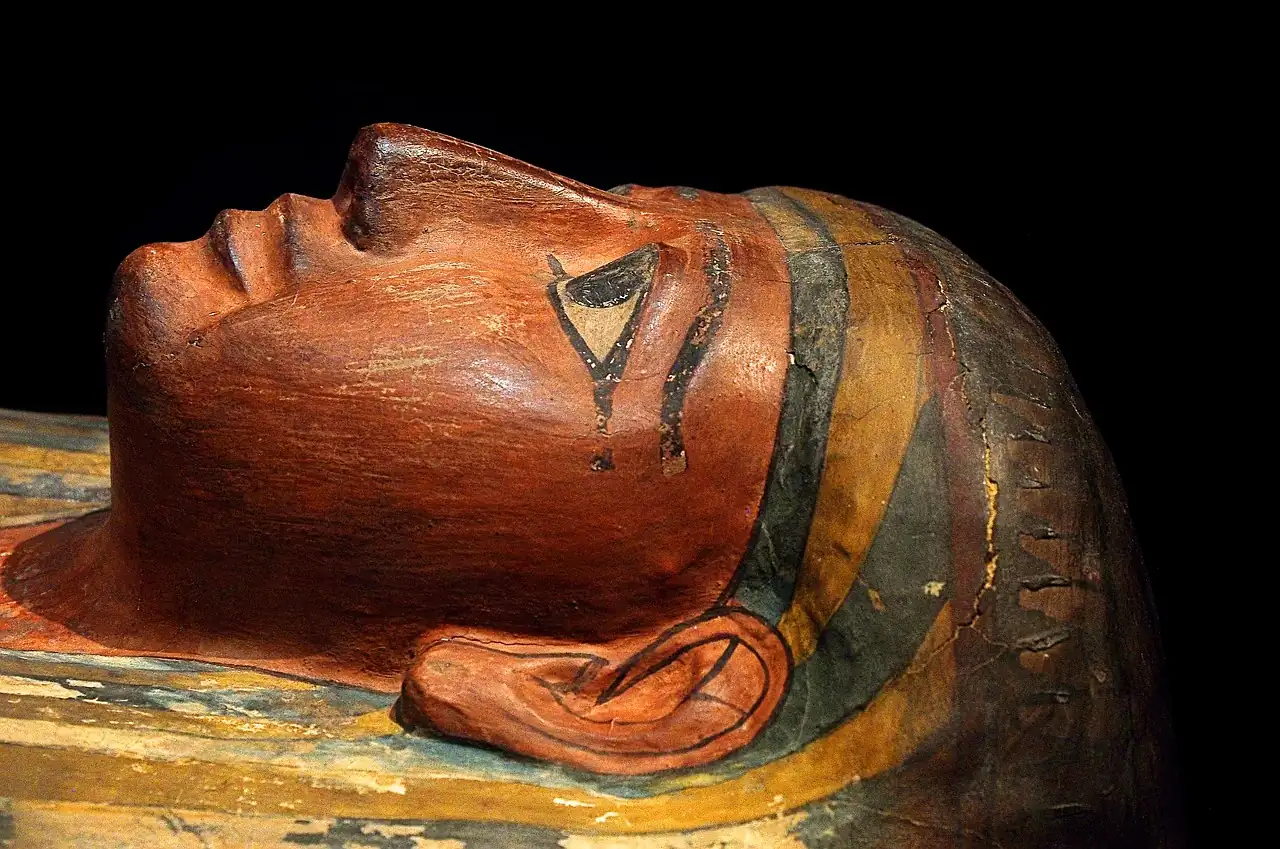Question
I heard Mr. Ghamidi on TV making a comparison between the testimony of a woman and the testimony of a man. I was quite impressed and actually convinced by his arguments that the witness of a woman is equal to the witness of a man in an Islamic Court. However, I recently came across the following Hadith and it has shaken me and created some doubts. The ḥadīth reads: Narrated Abu Said Al-Khudri: Once Allah’s Apostle went out to the Musalla (to offer the prayer) of Eid al-Aḍḥā or Eid al-Fiṭr. Then he passed by the women and said, “O women! Give alms, as I have seen that the majority of the dwellers of Hell-fire were you (women).” They asked, “Why is it so, O Allah’s Apostle?” He replied, “You curse frequently and are ungrateful to your husbands. I have not seen anyone more deficient in intelligence and religion than you. A cautious sensible man could be led astray by some of you.” The women asked, “O Allah’s Apostle! What is deficient in our intelligence and religion?” He said, “Is not the evidence of two women equal to the witness of one man?” They replied in the affirmative. He said, “This is the deficiency in her intelligence. Is not it true that a woman can neither pray nor fast during her menses?” The women replied in the affirmative. He said, “This is the deficiency in her religion.” [Bukhari :: Book 1 :: Volume 6 :: Hadith 301]
2. Menses is a natural phenomenon and women are not allowed to fast or pray during it. That is fine. But how is that a deficiency in her religion; just because she is a woman?
Answer
The misconception that women are deficient in intellect has arisen because of a wrong translation of the Arabic phrase Nāqiṣatu al-‘aql wa al-dīn of the hadith you have quoted.
Moreover, people who think that women are less sensible than men on the basis of this Hadith do not realize that the Hadith is not merely saying that women are nāqiṣatu al-‘aql, it is also saying they are nāqiṣatu al-dīn. If nāqiṣatu al-‘aql means that there is some defect in their ‘aql (intellect), then by the same token, nāqiṣatu al-dīn should mean that there is also some shortcoming in the religion they follow! This of course is absurd and as referred to above is the result of keeping the Urdu meaning of the word in consideration.
Answered by: Dr. Shehzad Saleem
Date: 2015-01-22



